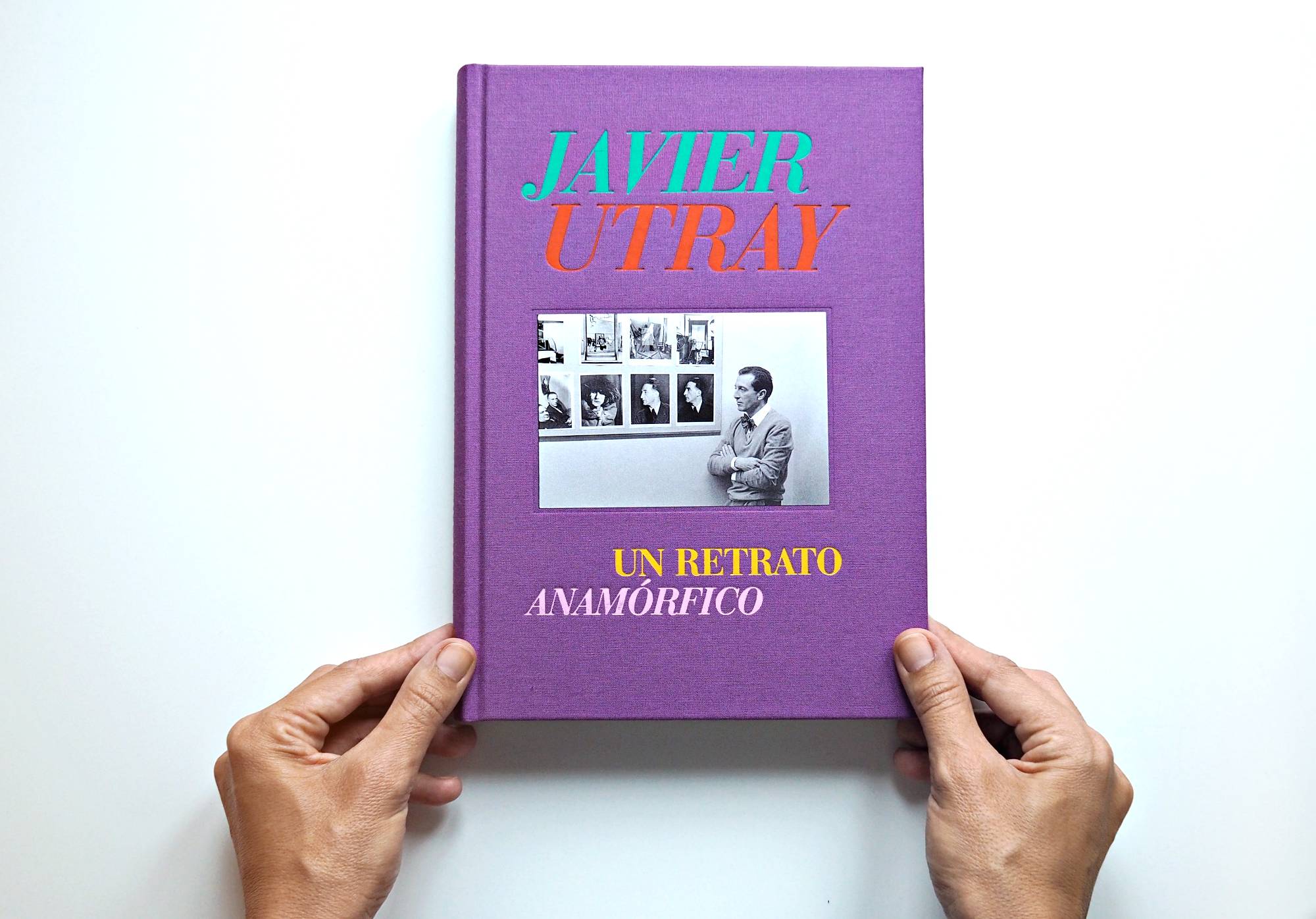
This exhibition catalogue brings together the works on display, documents, photographs, and texts by Mariano Navarro, María Escribano, María Vela Zanetti and Miguel Cereceda; a writing and poetry anthology by the artist himself; and testimonials by Guillermo Pérez Villalta, Chema Cobo, Fernando Huici, Ignacio Gómez de Liaño, Borja Casani, Mireia Sentís, José Luis Gallero, Jacobo Fitz-James Stuart, Clara Díaz-Aguado, Lola Moriarty, José Tono Martínez, Fernando Castro and Domingo Sánchez Blanco.
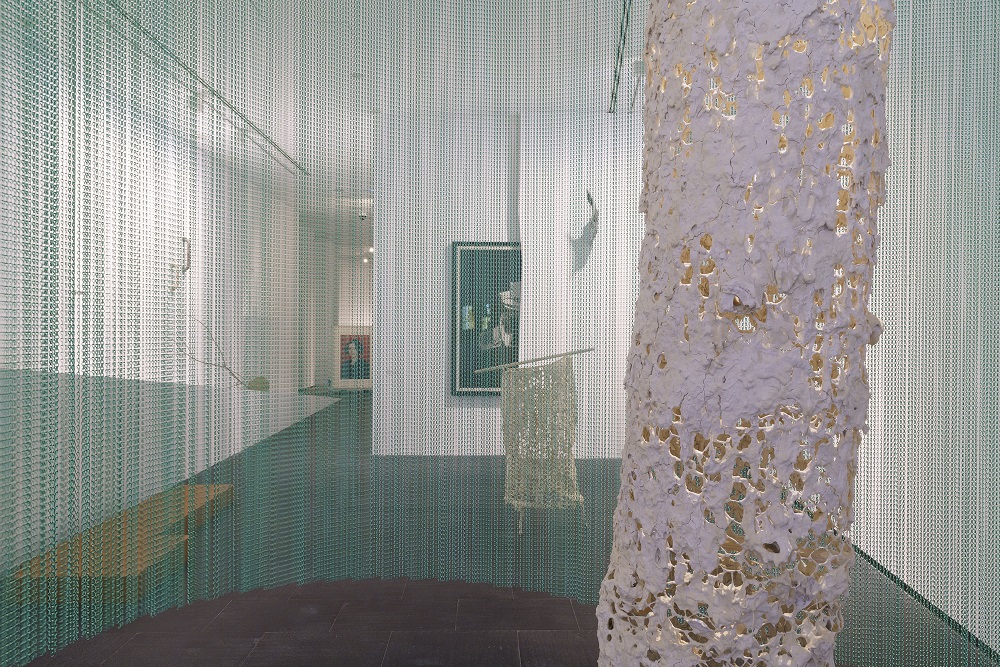
By supposing that logic makes chaos natural and order artificial, we are positing a physical and conceptual experiment of what an exhibition space is. Syntactic Tactic . Diego Bianchi is an exercise in disassembling. A white cube, a neutral space, windowless, consisting of white walls and a source of light shining from top to bottom, becomes the raw material for a plausible disassembling. Based on an absence of pre-defined moulds and behavioural guidelines, this project highlights a number of exhibition practices.
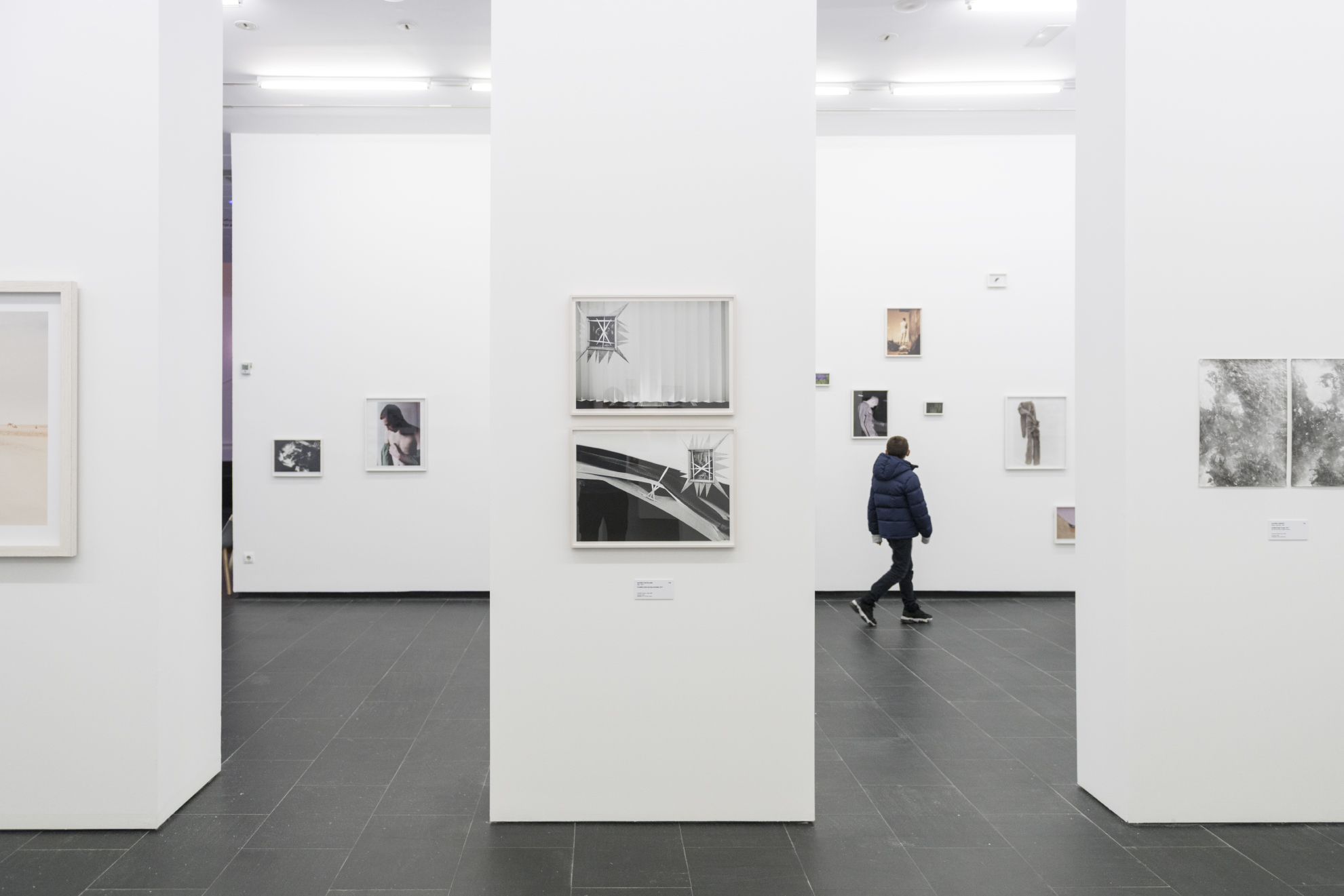
For the first time, more than 400 works by 250 artists are coming together in an exhibition that showcases the CA2M collections and takes up the entire museum space. It is a celebration of what the museum represents and has represented from the beginning. This journey begins with the historical avant-garde - all the artists who accompanied Picasso at the Pavilion of the Spanish Republic - and continues through history up to the present day. It is not only an international exhibition, as are all the CA2M and the ARCO Foundation collections, but also a story that is told from inside this institution, from the collections it holds, and ultimately, from Móstoles.
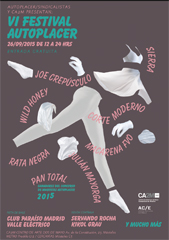
AUTOPLACER FESTIVAL 2015
For the sixth year in a row, the self-publishing music festival organised by the Autoplacer/Sindicalistas collective arrives back to CA2M with a programme of live music throughout the whole day, with some of the best underground and independent Spanish groups.
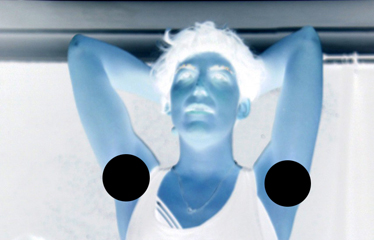
PUNK: DAY OF INTENSITY
Dentro de la exposición PUNK. Sus rastros en el arte contemporáneo, se programó una jornada de intensidad en la que se concentraron diálogos, performances y conciertos en torno al punk. Además se inauguró la selección de publicaciones realizada por Sergio Rubira para la biblioteca del Centro y que permaneció abierta hasta el término de la exposición.
AUTOPLACER FESTIVAL 2016
The Autoplacer/Sindicalistas collective is now presenting the 7th Autoplacer Festival. Scheduled for Saturday 1 October, this free festival is aimed at the whole family and lasts all day long with a programme of live concerts featuring some of the best groups from the Spanish indie and underground scene.
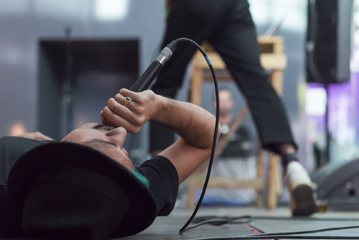
AUTOPLACER 2016 ROUGH-CUTS COMPETITION
The Autoplacer/Sindicalistas collective is presenting the seventh Autoplacer Rough-Cuts competition whose goal is to promote self-publishing and to discover new music projects.
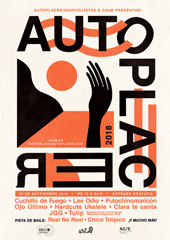
autoplacer festival 2018
The Autoplacer Festival will be held on Saturday 22 September. The day-long festival is an annual event run by the Autoplacer/Sindicalistas collective to celebrate self-published music with a series of concerts by up-and-coming emerging and/or submerged bands, electronic music sessions and the presentation of projects related with self-publishing of records, fanzines, books, design and a long etcetera.